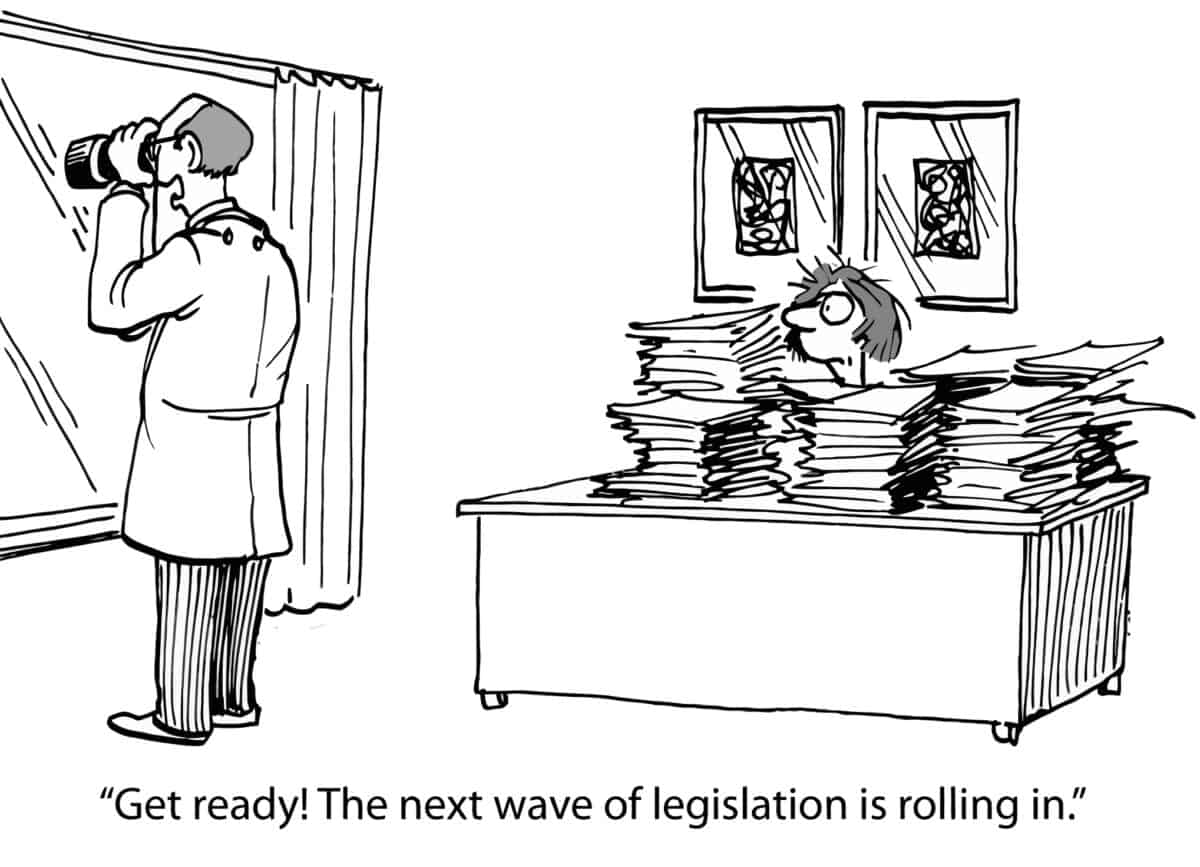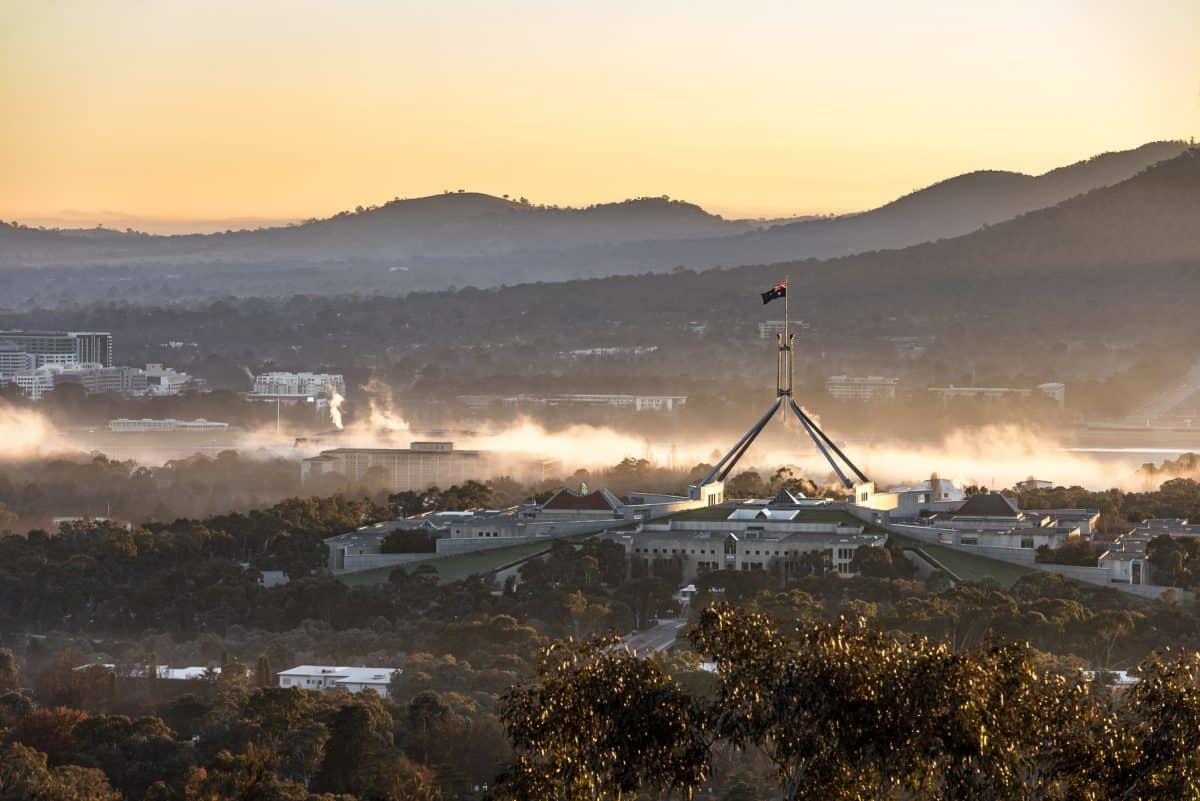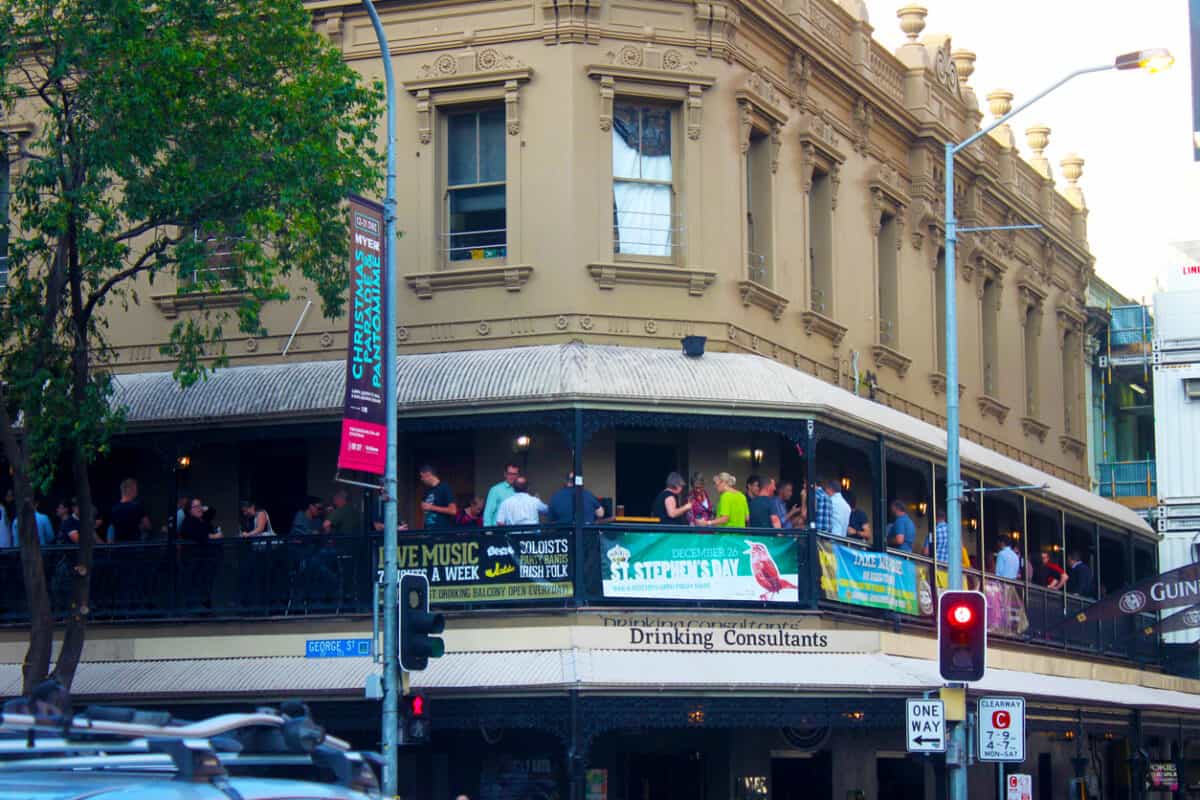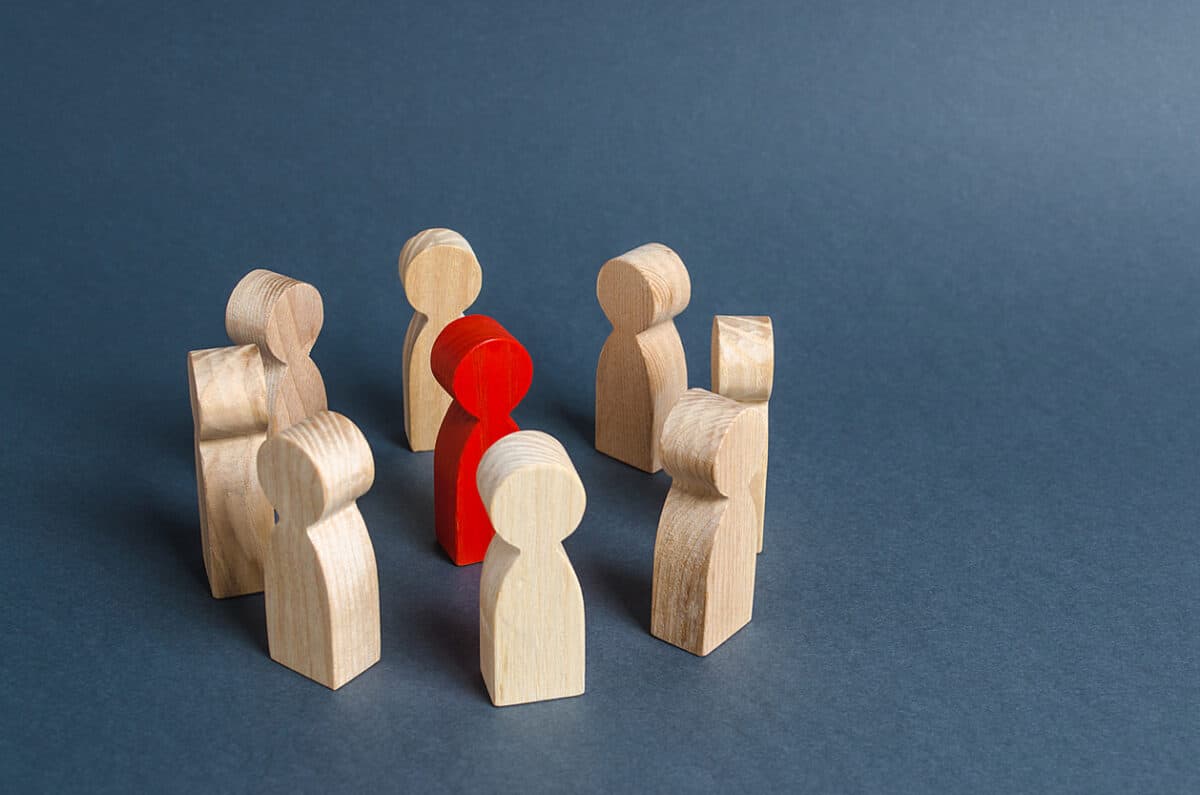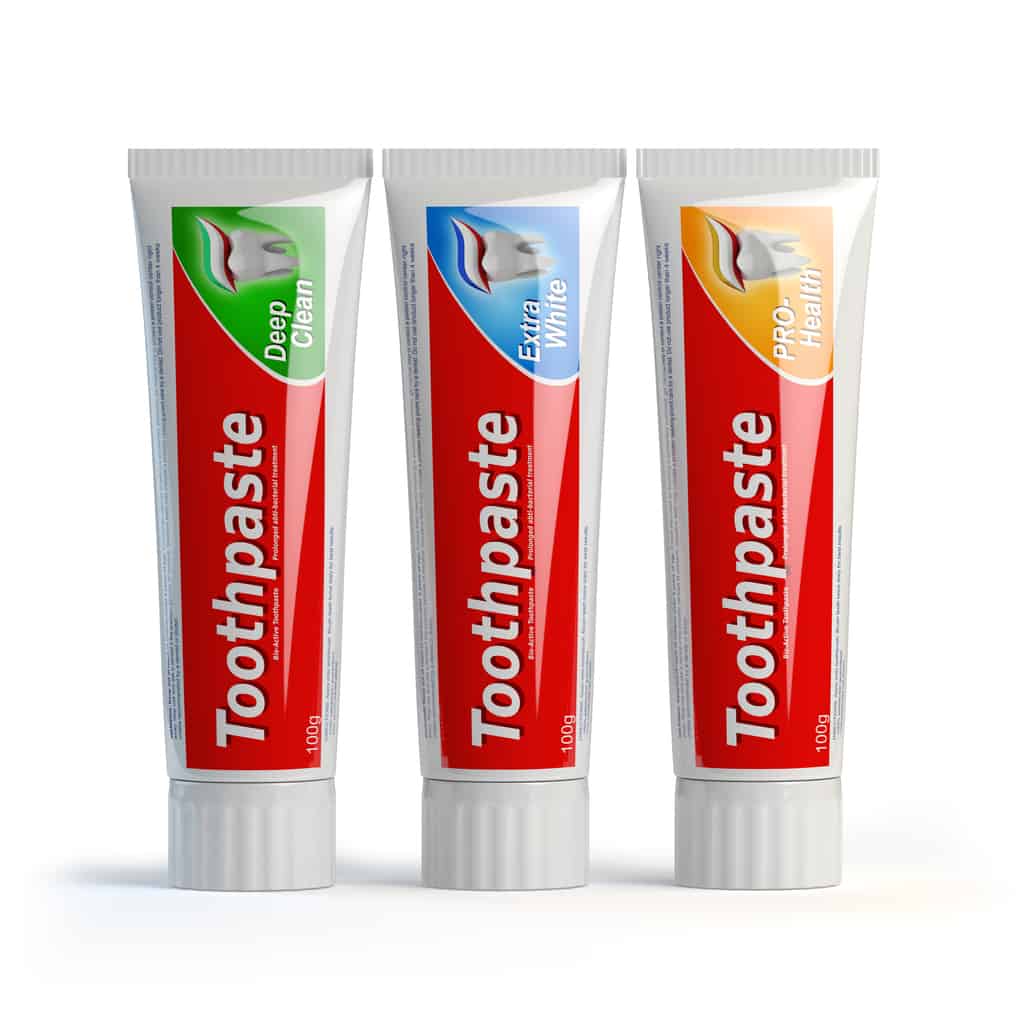The big occupational health and safety (OHS) news in Australia has been the release of the federal government’s response to the Respect@Work report on sexual harassment in Australian workplaces. And the biggest issue in that response seems to be the government’s lack of enthusiasm for a major recommendation of Sex Discrimination Commissioner Kate Jenkins, the inclusion of a positive duty in the sexual discrimination legislation. Many lawyers have been asked for their opinions on the government’s response, but very few OHS professionals.
Category: harassment
OHS is “… more what you’d call ‘guidelines’ than actual rules.”
Occupational health and safety (OHS) may not be a common subject in the mainstream media but there is plenty of political discussion on the topic in Australia’s Parliament.
The current (conservative) federal government seems very slow to accept and respond to recommendations from official inquiries that it sees as a secondary political priority, such as sexual harassment and workplace health and safety. The hearings of the Senate’s Education and Employment Legislation Committee on March 24 2021, were, as usual, enlightening.
OHS in IR’s shadow
In the world of work, industrial relations (IR) continues to lead discussions with occupational health and safety (OHS) as an additional motivator of change (If we’re lucky) or a consequence of IR negotiations, for which we are supposed to be grateful. This seemed to be on display again in one Australian Senate Committee hearing in March 2021.
The Senate’s Economics Reference Committee sat in Melbourne on March 11, 2021. The inquiry hearing was part of the investigation into the “the causes, extent and effects of unlawful non-payment or underpayment of employees’ remuneration by employers and
measures that can be taken to address the issue…”, more commonly referred to as “wage theft”.
Wage theft and work health and safety
Many large and small Australian businesses have been exposed as underpaying staff. This exploitation is gradually being addressed in law firms, according to a report this morning in the Australian Financial Review (paywalled). In the context of occupational health and safety (OHS) though, the description in the first paragraph of “crippling workloads” is an important mention of relevance.
Reporter Hannah Wootton and David Marin-Guzman do not focus on the OHS and mental health aspects of these workloads in this article as underpayment is the focus, but they touch on OHS matters later when mentioning the Hayne royal commission:
“The royal commission sparked reports, including to workplace safety regulators, of crippling work hours that put lawyers’ health at risk and resulted in many sleeping at work.”
What Australia can learn from other Parliaments about sexual harassment and assaults
Brittany Higgins alleges that she was raped in her employer’s office by a work colleague after a night of drinking. Since mid-February 2021, other women have claimed to have been sexually assaulted in Parliament. The Attorney-General, Christian Porter, is taking some leave after revealing himself to be the person behind historical rape allegations. At the moment, Australian politics is wrapped up in itself over these scandals. Still, similar scandals have happened in other Parliaments, and the responses to these may provide guidance for Australia.
A small survey of female parliamentarians and staff in Europe in 2018 found the following
▪ 85.2 per cent of female MPs who took part in the study said that they had suffered psychological violence in the course of their term of office.
▪ 46.9 per cent had received death threats or threats of rape or beating.
▪ 58.2 per cent had been the target of online sexist attacks on social networks.
▪ 67.9 per cent had been the target of comments relating to their physical appearance or based on gender stereotypes.
▪ 24.7 per cent had suffered sexual violence.
▪ 14.8 per cent had suffered physical violence.
Now there is too much mental health information, and it’s like toothpaste
Australia is experiencing a boom in occupational health and safety (OHS) information about work-related psychological harm, including sexual harassment at work. This level of information is long overdue, but a consequence of this “boom” is that employers can be very confused about which information to use and which source they should trust or even what relates to their specific circumstances, especially after years of denying there is a problem.
Putting on my consultant hat, I would advise any State-based organisation to comply with the OHS guidances issued by that State’s OHS regulator. If a national company, look towards the guidance of Comcare or Safe Work Australia for the national perspective. The challenge is greater for companies that operate in multiple States, but these have been rumoured to be less than 10% of Australian businesses. If multi-State, they should be big enough to have the resources for OHS compliance.
However, some State-based mental initiatives have evolved into a national platform.
Business voices add weight to OHS change
On February 27 2012, The Australian reprinted/tweaked a Harvard Business Review (HBR) article on Burnout. A significant feature of the article is the acknowledgement of organisational factors as contributing to burnout and other workplace mental health hazards. The situation seems to have changed as these types of acknowledgements were harder to draw out of psychological health experts when SafetyAtWorkBlog spoke to some in 2019.
However, there are also clear parallels to Australian research into job stressors that could have helped HBR’s author Dave Lievens add weight to the decades-long research of Michael Leiter and Christina Maslach.

